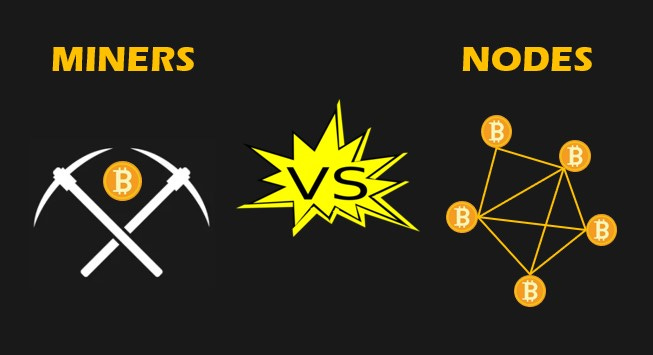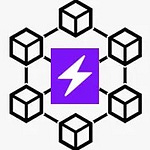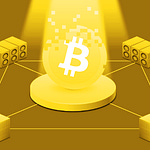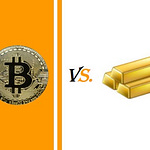Dear Readers,
Whether or not you believe it, our world revolves around money. Money is one of the most important inventions in human history and the quintessential example of money accomplishes, at a minimum, the following:
Allows us to transact with anyone in the world at any time for any good or service.
Allows markets to assign capital goods (i.e., resources) to the people or businesses that would most efficiently employ it for productive purposes.
Allows value (i.e., savings) to be transmitted across time without suffering any loss.
All money operates on top of networks. In ancient times, monetary networks were entirely composed of peer-to-peer transactions that used physical mediums like gold and silver. Networks like that persisted for thousands of years and are still part of today’s world to a small degree. However, as our world has digitized over the past several decades, the majority of money in existence has also gone digital. For example, many of you likely have a lot more money sitting in bank accounts and retirement accounts than in the wallet in your pocket. While certainly not superior in every way, digital monetary networks are by and large easier to use than their predecessors.











